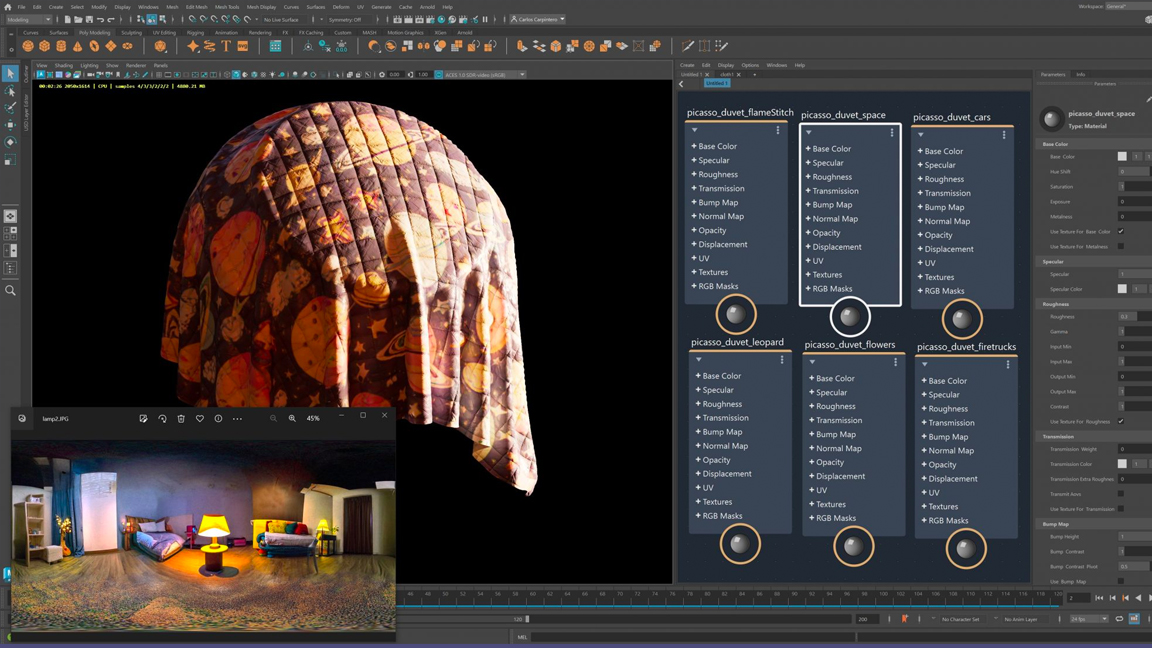
The next big AI trend will be text-to-3D. Autodesk has announced it will soon be adding generative AI tools into its leading 3D modelling and animation software, Maya. You'll be able to generate textures, materials and HDR images in Maya using generative AI, and it could be huge.
The reveal came at this year's Siggraph 2023 where Autodesk explained how its AI will be developed using Nvidia's Picasso AI platform, the same one used by Adobe for Firefly as well as Getty Images and Shutterstock. What's really interesting is how Autodesk will be integrating Maya with Wonder Studio, Wonder Dynamics' impressive AI animation software.
The Autodesk press release stresses the need for ethical AI, saying: "We’ll work toward responsibly and ethically integrating AI into 3D content creation for characters and worlds." This is in line with how Picasso has been used by the likes of Adobe.

The press statement continues and details how Maya's AI tools will offer "The ability to dynamically generate textures, materials and high dynamic range images directly into LookdevX in Maya will enable dramatically faster look development and scene lighting workflows".
This comes as Nvidia revealed in its Siggraph keynote that Picasso will be used to power Shutterstock's new generative 360 HDRi image creation. Text-to-image AI will create photoreal environments for use in composing scene lighting. Like Shutterstock's other AI, this is being trained on its own and free images.
Generative AI is really taking off at the moment, and it will be interesting to see how text-to-image, text-to-video and now text-to-3D creation will all combine in new workflows. Of course there are still big problems with generative AI, and many are still unsure how this will affect jobs.
My interview with Unity's Natasha Tatarchuk, vice president of Unity Wētā Tools, revealed how Unity is bringing high-end VFX tools into the popular game engine with plans to make use of AI to deliver "assisted artistry". The idea from Tatarchuk was clear, as 3D and 2D art software becomes more complex we're going to need AI to help us get the best results, quicker.







